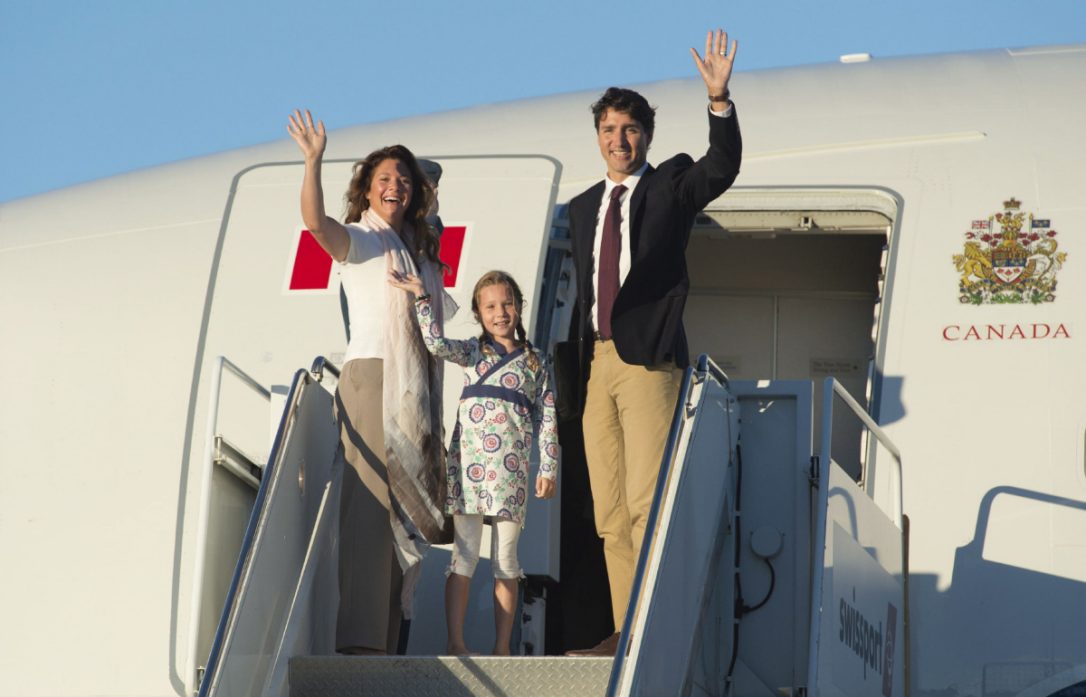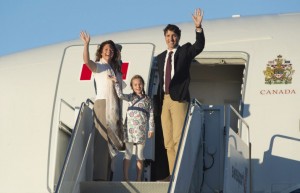Could new relationship with China mean freedom for Ontario’s Huseyin Celil?

The Toronto Star, 31 August 2016
By Alex Neve — Burlington family is watching closely as Justin Trudeau arrives in China for his first visit as prime minister, hopeful he will push for freedom for Huseyin Celil, who has been locked up for the past decade.
The prime minister arrives at a time of entrenched and intensifying human rights violations in China. The concerns range from an unrelenting crackdown against the country’s courageous human rights lawyers and campaigners, a deepening clampdown on free expression, widespread torture and the highest numbers of executions in the world.
Those who bear the brunt include Tibetans and Uyghurs, Falun Gong practitioners, pro-democracy activists, journalists, bloggers and determined people in Hong Kong who stand up for rights and justice.
The list of challenges and necessary reforms is daunting and lengthy. And China does not readily take up international advice. That is why sustained pressure from world leaders such as our prime minister is so essential.
With that worrying context to his trip, there is considerable anticipation that the prime minister absolutely must convey a strong message of concern about the country’s troubling human rights picture and signal a clear intent to put human rights expectations at the heart of the Canada/China relationship.
Amidst these big picture concerns and political machinations, Huseyin’s family waits anxiously for signs the prime minister will press for freedom and champion the rights of their husband and father.
Huseyin Celil is a Uyghur religious leader, originally from the western reaches of China where his people have endured decades of repression and abuse. He had fled the country to escape that injustice and was eventually resettled to Canada as a refugee. He became a Canadian citizen.
He had found and enjoyed freedom. And then he lost that freedom. Now he yearns to win it back.
In March 2006 Huseyin was on a holiday, visiting his wife’s family in Uzbekistan, in Central Asia. He had travelled there as a Canadian, on a Canadian passport. But that was utterly disregarded when he was arrested at the behest of Chinese authorities and summarily sent back to neighbouring China three months later.
And that is where he has languished ever since, for 10 very lonely and painful years. He was charged with vague terrorism-related offences that are often used against Uyghur leaders and activists. He was tried in proceedings that gave him absolutely no chance to truly defend himself. His appeal hearing was just as unfair. The result was a life prison sentence.
Canadian officials have not been allowed to visit him or assist him. He has spent much of his time in detention in solitary confinement. His health has been poor and the possibility that he has been tortured or ill-treated has always loomed.
Meanwhile, Huseyin’s family in Canada misses him terribly. Four young children, one of whom was born while Huseyin was imprisoned, are growing up without their father. Huseyin’s wife, Kamila, tearfully told a news conference earlier this year of the particular heartbreak and strain of not having her husband to help care for their disabled teenage son.
Meanwhile overtures from senior Canadian officials, including former Prime Minister Stephen Harper in early days, pressing for Huseyin to be released from prison, have been consistently rebuffed and ignored by Chinese leaders.
It has been hard to remain hopeful. But Prime Minister Trudeau’s trip offers new hope.
Earlier this year there was the first and only positive development in Huseyin’s case over these ten years of insurmountable injustice. Chinese officials announced that his life prison term had been commuted to 20 years.
Reducing his prison term from life to 20 years most certainly did not open Huseyin’s prison door, but does it suggest that Chinese government defiance just might be softening. Could it be a subtle gesture to a new Canadian government of a willingness to relent and compromise?
Trudeau has announced that he heads to China determined to strive for a “closer, more balanced” relationship between our countries.
Freedom for Huseyin Celil should be a condition of that closer relationship. A family in Burlington is counting on Trudeau to press Chinese leaders to take that step.
Alex Neve is Secretary General of Amnesty International Canada.


